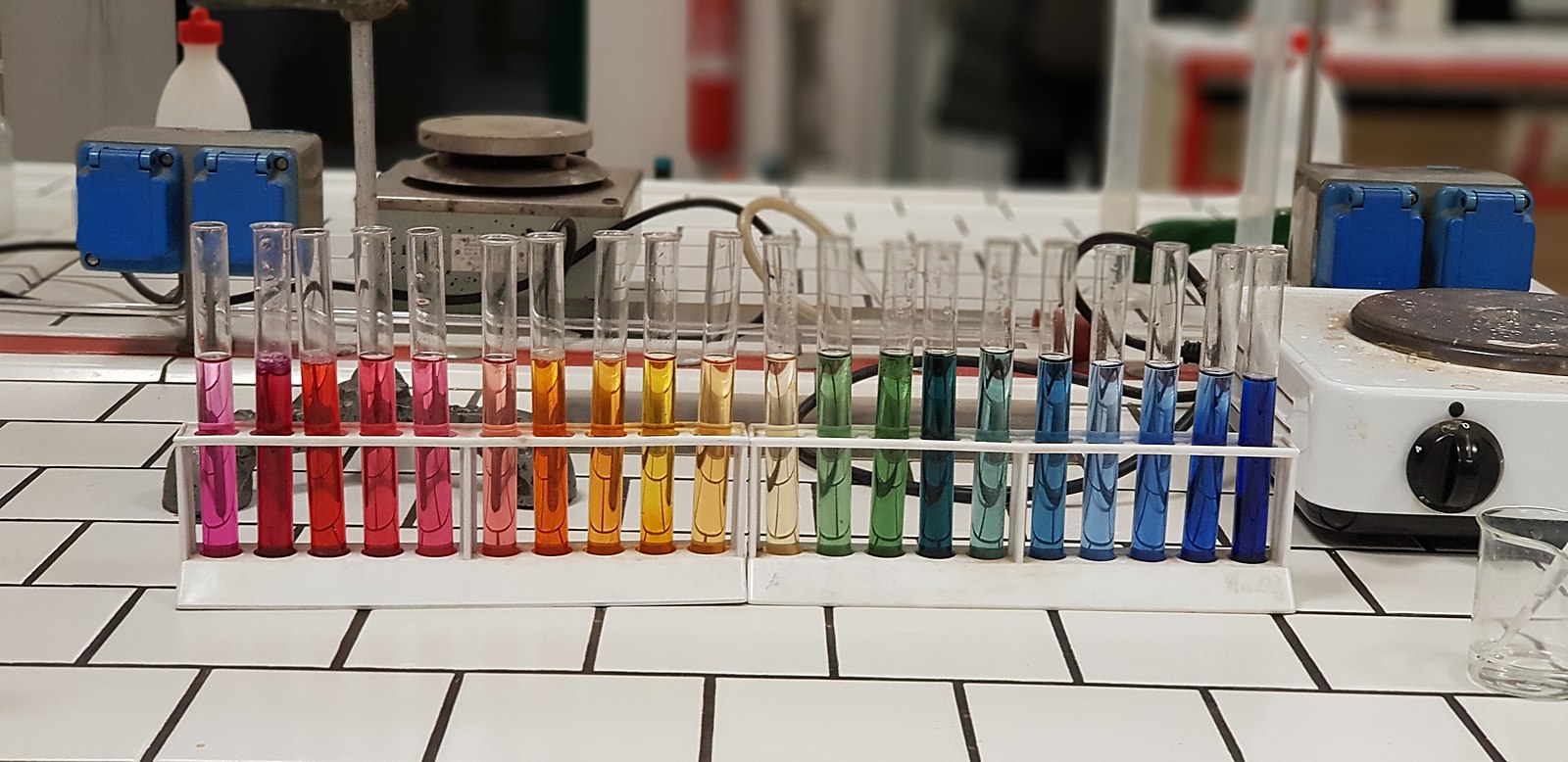The pH of tap water in New Jersey, USA, is a crucial factor that affects its quality and safety for consumption. The typical pH range of tap water in New Jersey falls between 6.5 and 8.5, which is considered safe for drinking. However, various contaminants and chemicals can influence the pH balance, potentially posing health risks. This comprehensive guide will explore the pH levels, common contaminants, and effective methods to maintain the optimal pH of tap water in New Jersey.
Understanding the pH Levels of Tap Water in New Jersey
The pH scale measures the acidity or basicity of a solution, ranging from 0 to 14, with 7 being neutral. Tap water with a pH below 6.5 is considered acidic, while water with a pH above 8.5 is considered basic or alkaline. The ideal pH range for tap water is between 6.5 and 8.5, as this range is generally safe for consumption and minimizes the risk of corrosion in plumbing systems.
In New Jersey, the pH of tap water can vary depending on the source, treatment methods, and local water conditions. The New Jersey Department of Environmental Protection (NJDEP) monitors the water quality and ensures that the pH levels meet the established standards.
Common Contaminants Affecting the pH of Tap Water in New Jersey
While the pH of tap water in New Jersey generally falls within the safe range, various contaminants can influence the pH balance. Some of the common contaminants found in New Jersey’s tap water that can affect the pH include:
- Total Trihalomethanes (TTHMs): These are disinfection byproducts that can lower the pH of tap water.
- Haloacetic Acids (HAA5): These are also disinfection byproducts that can contribute to the acidity of tap water.
- Heavy Metals: Metals like cadmium, lead, and copper can leach into the water, altering the pH.
- Organic Matter: Decomposing organic matter can release acids, leading to a decrease in pH.
- Dissolved Gases: Dissolved carbon dioxide can lower the pH, making the water more acidic.
These contaminants can be introduced into the water supply through various sources, such as industrial processes, agricultural runoff, and aging infrastructure. Regular water testing and monitoring are essential to identify and address these issues.
Balancing the pH of Tap Water in New Jersey
To maintain the optimal pH of tap water in New Jersey, homeowners can consider the following methods:
Baking Soda (Sodium Bicarbonate)
Adding baking soda to water can help increase the pH and make it less acidic. Dissolve 1 teaspoon of baking soda in a quart of water and mix well. Test the pH using a pH test strip and adjust the amount of baking soda as needed to reach the desired pH level.
Lemon Juice or Vinegar
These acidic substances can be used to lower the pH of tap water if it is too basic or alkaline. Add a small amount of lemon juice or vinegar to the water and mix well. Test the pH and adjust the amount as necessary to achieve the desired level.
Water Filtration Systems
Installing a water filtration system, such as an activated carbon filter, reverse osmosis system, or ion exchange system, can help remove contaminants and balance the pH of tap water in New Jersey. These systems are designed to reduce the presence of various pollutants, including those that can affect the pH.
It is essential to regularly test the pH of your tap water and monitor any changes. This can be done using pH test strips or a digital pH meter. If the pH levels fall outside the safe range, it is recommended to consult a water treatment professional or the local water authority for further guidance.
Conclusion
The pH of tap water in New Jersey, USA, is an important factor that affects its quality and safety for consumption. While the typical pH range falls within the safe limits, various contaminants and chemicals can influence the pH balance. By understanding the common contaminants, homeowners can take proactive steps to maintain the optimal pH of their tap water, such as using baking soda, lemon juice, or vinegar, or installing a water filtration system. Regular testing and monitoring are crucial to ensure the continued safety and quality of tap water in New Jersey.
References:
- EWG Tap Water Database | New Jersey: https://www.ewg.org/tapwater/state.php?stab=NJ
- NJSHAD – Water Quality: https://www-doh.state.nj.us/doh-shad/topic/Water.html
- Water Quality – City of Newark: https://water.newarknj.gov/waterquality

